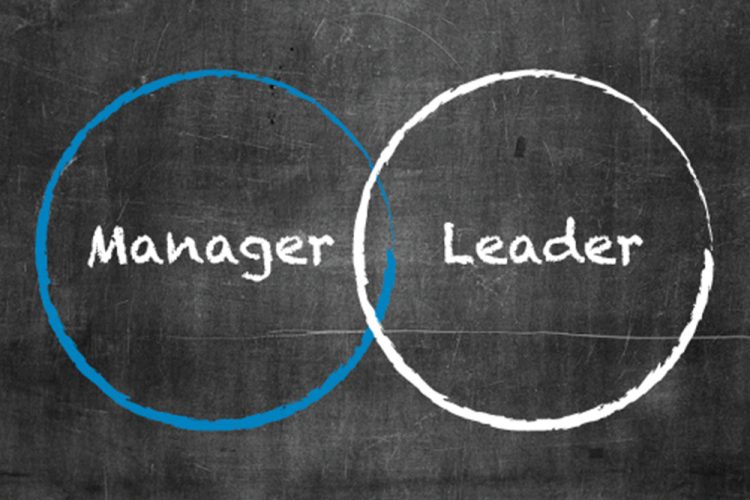Are you a Manager Or Leader – Part 2

(continued from last week)
The following are some of the most relevant differences between Managers and Leaders:
1. Leaders create a vision, managers create goals.
Leaders paint a picture of what they see as possible and inspire and engage their people in turning that vision into reality. They think beyond what individuals do. They activate people to be part of something bigger. Managers focus on setting, measuring and achieving goals. They control situations to reach or exceed their objectives.
2. Leaders are change agents, while managers maintain the status quo
Leaders are not afraid to disrupt what exist; they are innovative and seek to find a better and more effective way of doing something even if it is working. Leaders are growth oriented. Managers on the other hand, will stick to what works; they will refine systems onlu to make themselves look better.
3. Leaders are unique, while managers copy
Leaders are willing to be themselves. They are self-aware and work actively to build their unique and differentiated personal brand. They are comfortable in their own shoes and willing to stand out. They’re authentic and transparent. Managers mimic the competencies and behaviors they learn from others and adopt their leadership style rather than defining it.
4. Leaders take risks, managers control risk.
Leaders are willing to try new things even if they may fail miserably. They know that failure is often a step on the path to success. Managers work to minimize risk. They seek to avoid or control problems rather than embracing them.
5. Leaders are in it for the long haul, managers think short-term.
Leaders have intentionality. They do what they say they are going to do and stay motivated toward a big, often very distant goal. They remain motivated without receiving regular rewards. Managers work on shorter-term goals, seeking more regular acknowledgment or accolades.
6. Leaders grow personally while managers rely on existing, proven skills.
Leaders know if they are not learning something new every day, they are falling behind. They remain curious and seek to remain relevant in an ever-changing world of work. They seek out people and information that will expand their thinking.
Managers often double down on what made them successful, perfecting existing skills and adopting proven behaviors.
7. Leaders build relationships, managers build systems and processes.
Leaders focus on people. They know who their colleagues are and spend most of their time with them. They build loyalty and trust by consistently delivering on their promise. Managers focus on the structures necessary to set and achieve goals. They focus on the analytical and ensure systems are in place to attain desired outcomes. They work with individuals and their goals and objectives.
8. Leaders coach, managers direct.
Leaders know that people who work for them have the answers or are able to find them. They see their people as competent and are optimistic about their potential. They resist the temptation to tell their people what to do and how to do it. Managers assign tasks and provide guidance on how to accomplish them.
Figure out the characteristics that resonates most with you. Know that they do not only apply in the professional sense but they can also be applied to the manner in which you deal with persons in your interpersonal spaces. Using the words of Kathy Austin, remember “managers light a fire under people; leaders light a fire in people.” Strive to be an inspiration.










